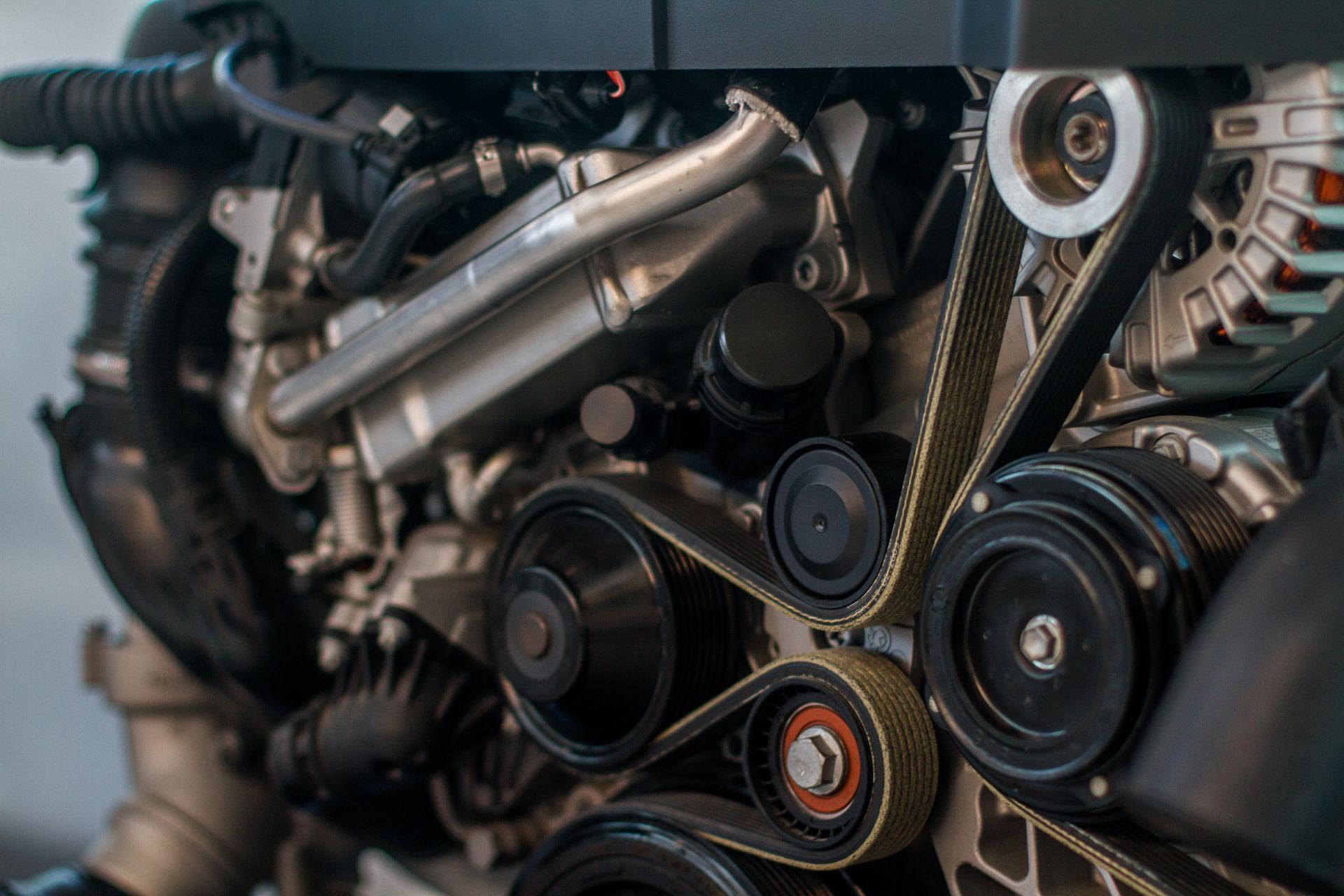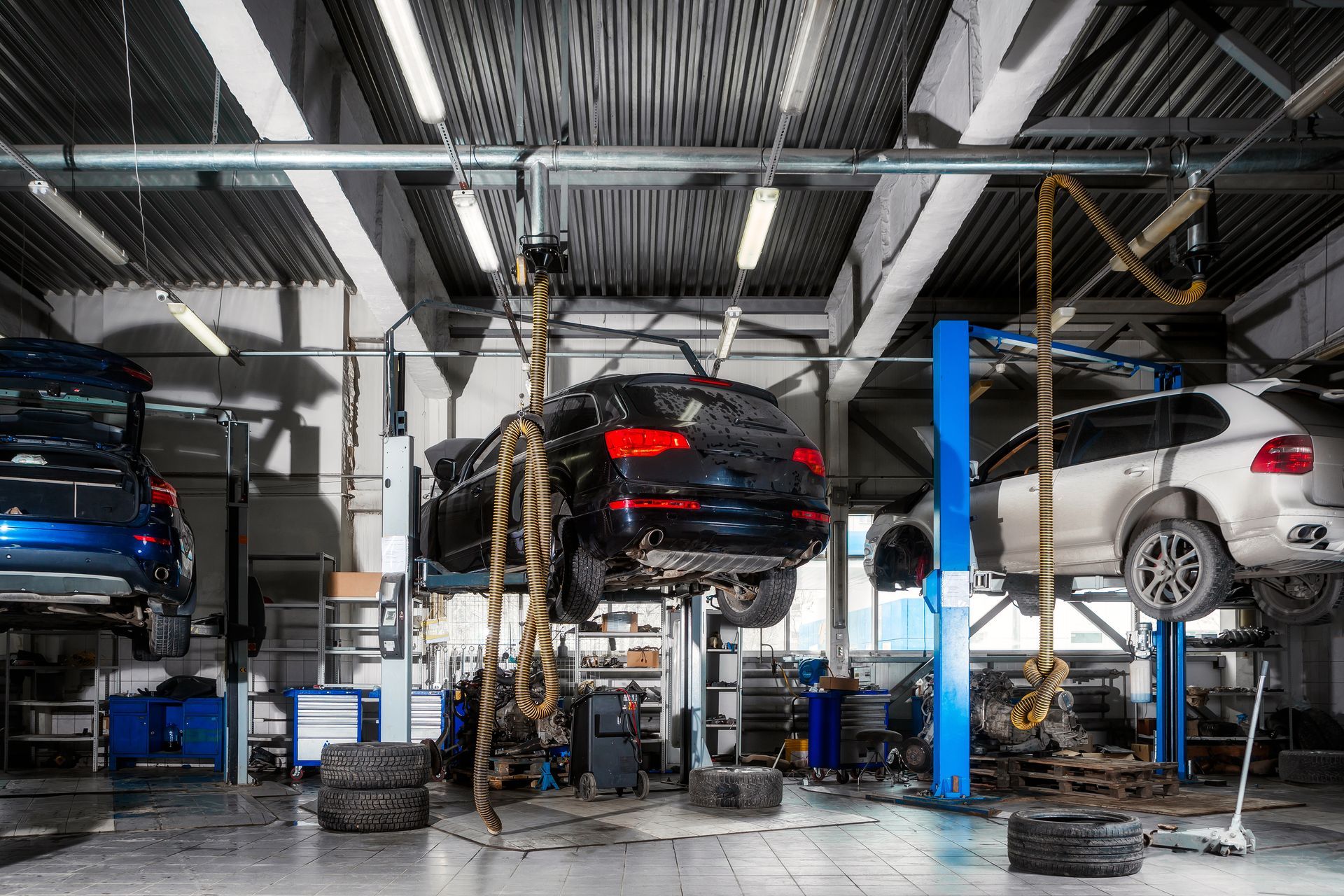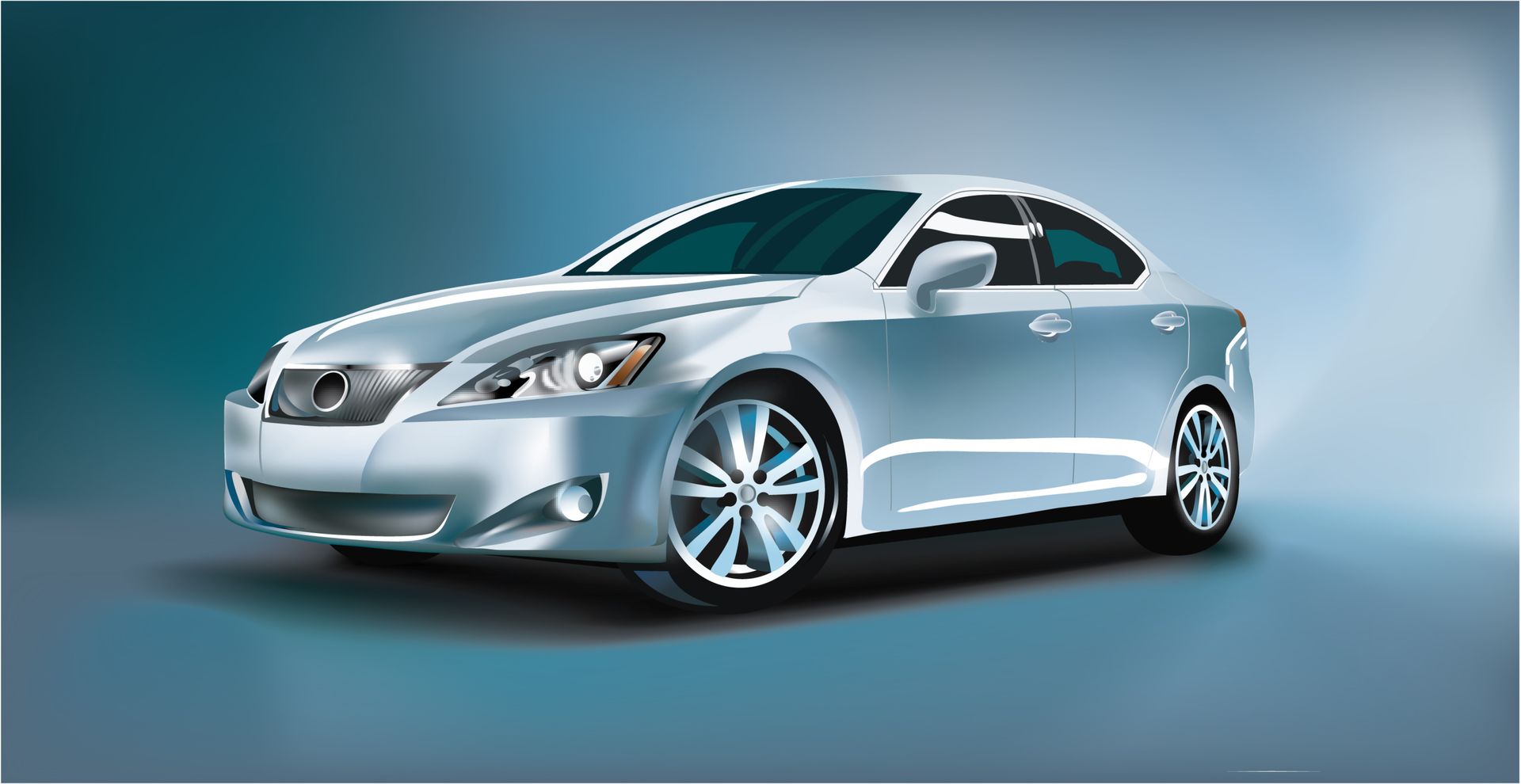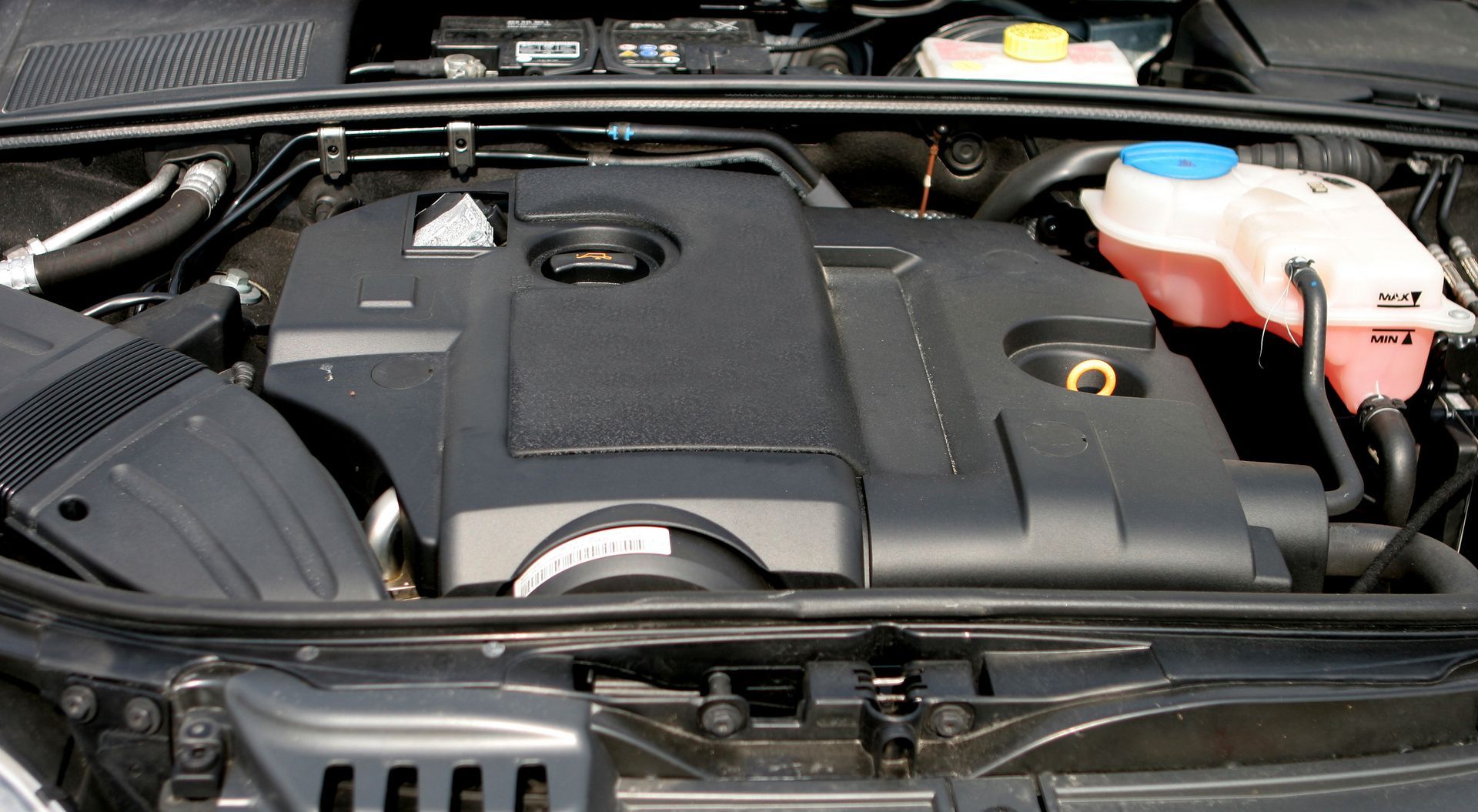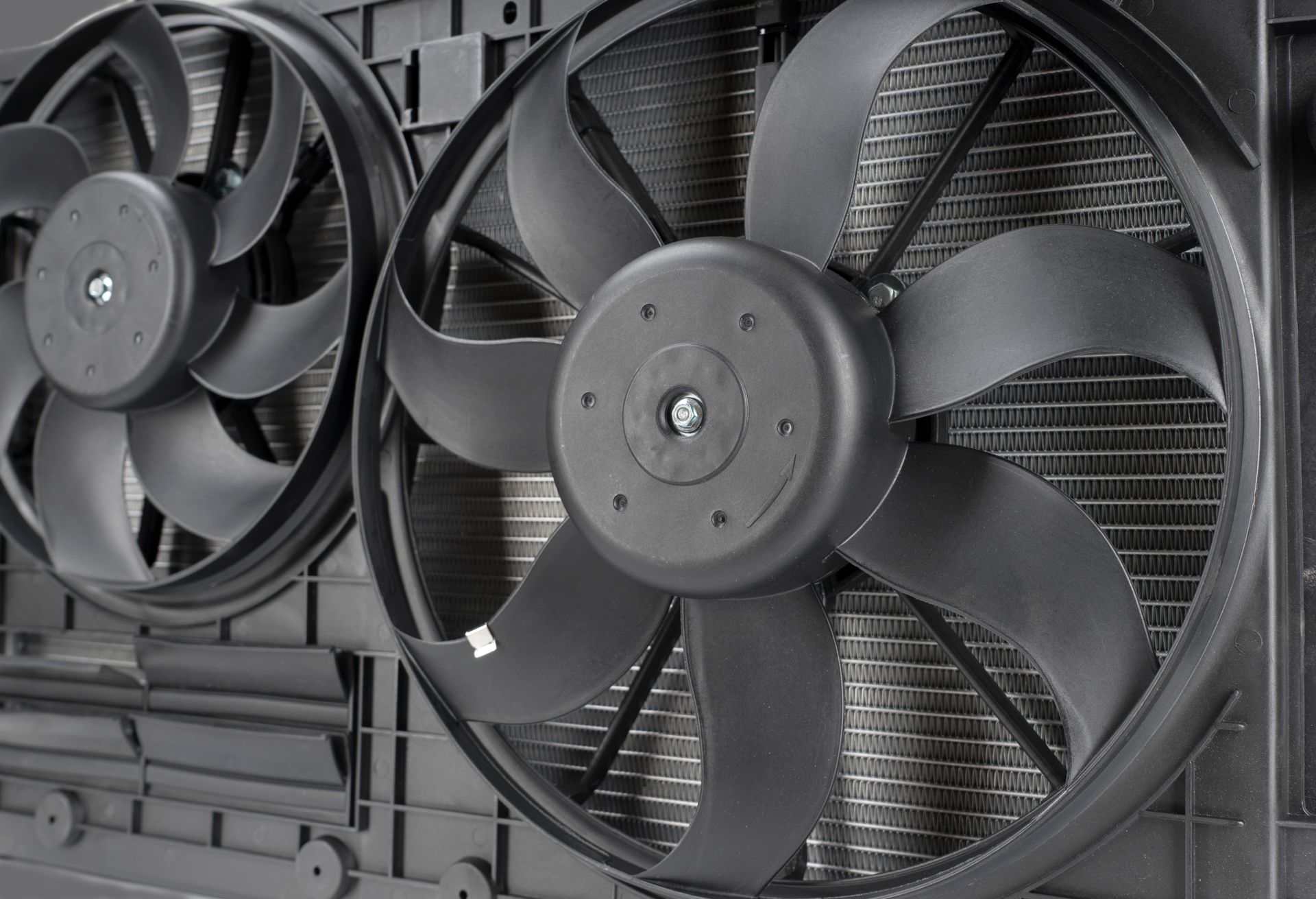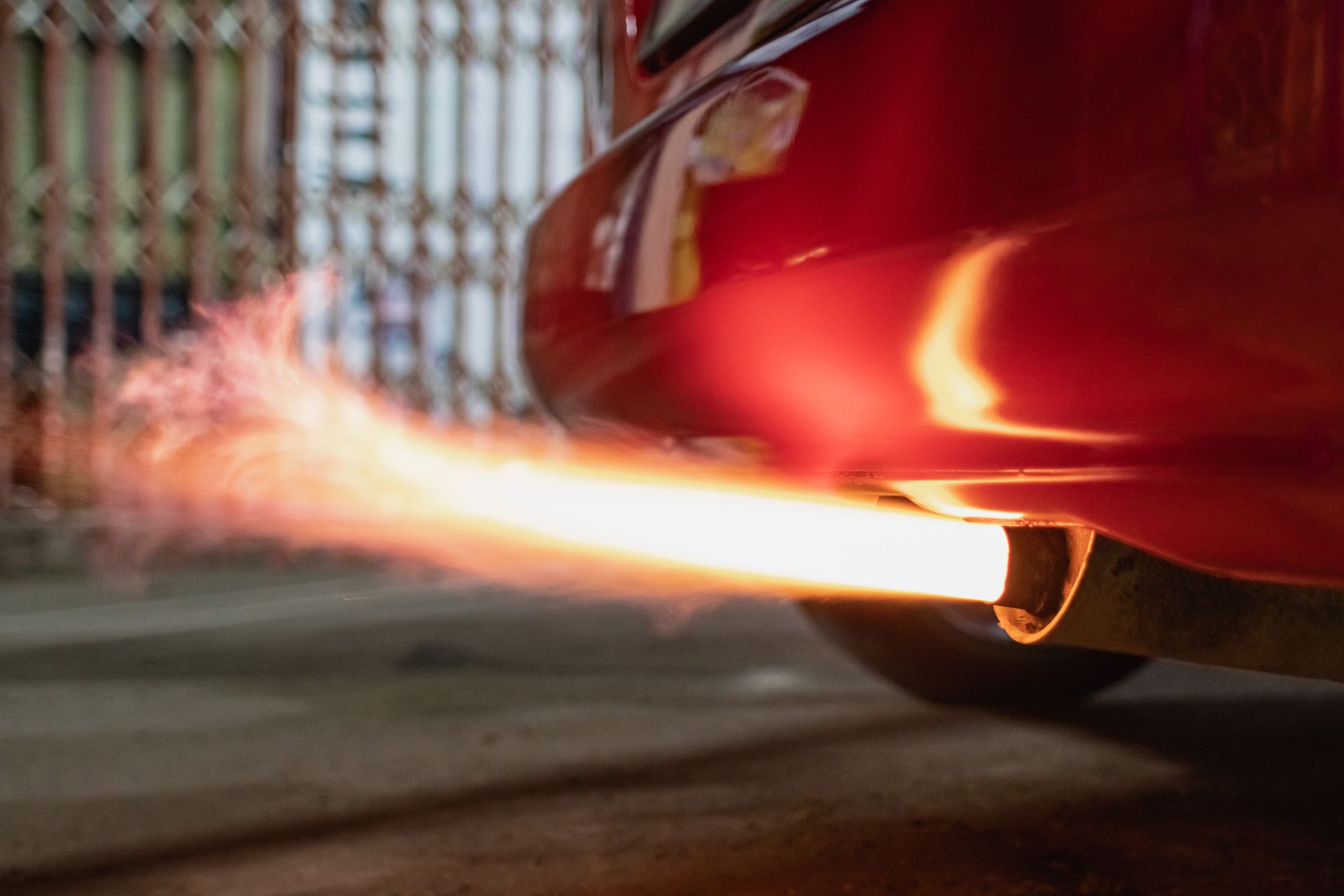BMW, a brand renowned for its engineering excellence and driving dynamics, has also been known for certain common issues. Understanding these problems, why they occur, and how to prevent them is crucial for any BMW owner or enthusiast.
Cooling System Failures
One of the most frequent issues with BMWs is the failure of the cooling system. This can include water pump failures, leaking radiators, and thermostat issues. These problems often arise due to the high heat and pressure the cooling system endures, especially in performance models.
Oil Leaks
BMW engines, particularly older models, are prone to oil leaks. Common areas for leaks include valve cover gaskets, oil pan gaskets, and oil filter housing gaskets. These leaks often result from the degradation of seals and gaskets over time, exacerbated by the high-performance nature of BMW engines.
Electrical Issues
Another area of concern is the electrical system. BMWs can experience issues with power windows, door locks, and dashboard lights. The complexity of BMW's electrical systems, coupled with regular wear and tear, can lead to such problems.
Why Are BMWs Prone To These Problems?
BMWs are high-performance and luxury, and there is no denying that. Sometimes this comes with a trade-off. The advanced technology in BMWs, while providing exceptional performance and comfort, also introduces complexity in their systems. Here's a simpler breakdown:
Complex Systems
BMWs feature cutting-edge technology and sophisticated systems. These systems, while providing a superior driving experience, can be more susceptible to issues due to their complexity.
Performance-Focused Engineering
Designed for high performance, BMWs are often pushed to their limits, which can accelerate wear and tear on various components, especially in the engine and cooling system.
Specialized Parts
BMWs often require specific parts that are tailored for their unique systems. These parts, while of high quality, can be costly and sometimes more prone to needing replacements due to the high-performance demands of the vehicle.
Most Problematic BMW Models of All Time
While BMWs are known for their durability, some models have had more issues than others. Understanding these can help in making informed maintenance and purchase decisions:
- BMW X5 (Early 2000s): Known for its luxury and performance, this model had its share of cooling system troubles, which could lead to overheating.
- BMW 3 Series (Late 1990s to Early 2000s): Popular for its balance of luxury and sportiness, these models were sometimes plagued by oil leaks and electrical glitches, such as faulty window regulators or lighting problems.
How To Avoid Common BMW Problems
Keeping a BMW running smoothly isn't just about regular check-ups; it's about understanding and catering to its specific needs:
Regular Inspections
Think of these like routine health check-ups but for your car. A professional mechanic who is experienced with BMWs can spot early signs of trouble, often before they become serious.
Using Quality Parts
Using genuine or OEM (Original Equipment Manufacturer) parts ensures that the replacements are just as good as the originals. This is especially vital for key systems like brakes, engine components, and the cooling system.
Timely Repairs
Address small problems immediately. Think of it like catching a cold and treating it before it turns into pneumonia. Promptly fixing minor issues can prevent them from growing into bigger, more expensive problems.
For all of your BMW's repairs and maintenance, contact
Rolf's Import Auto Service! Our team will happily make your German piece of art on wheels and perform at its best.


